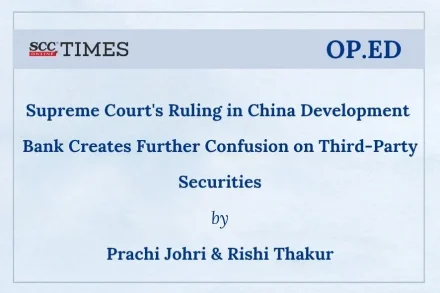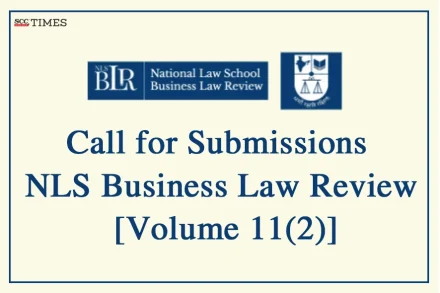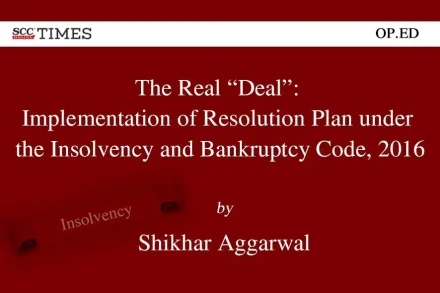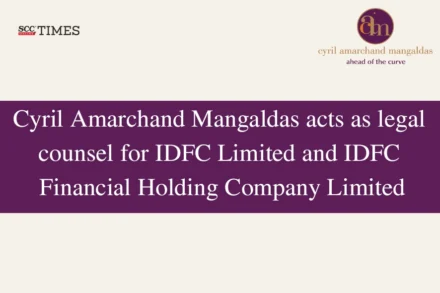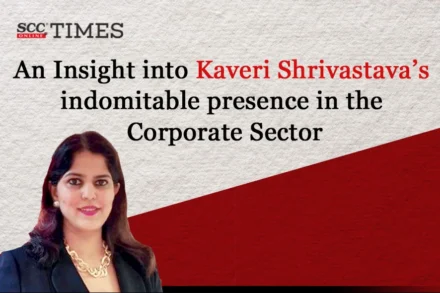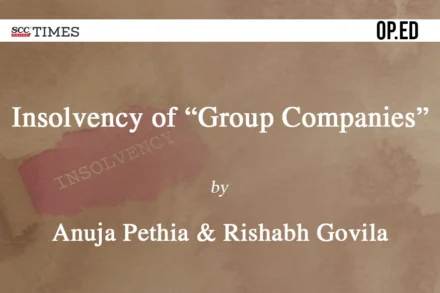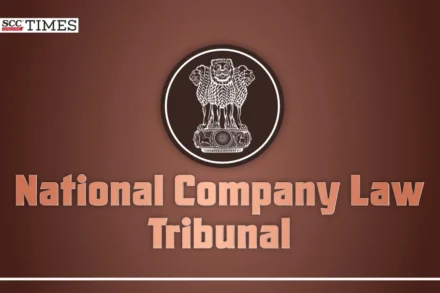
Protection of minority shareholder rights | NCLT lays down structured buy-out mechanism to resolve deadlock between shareholders
The NCLT gave the first right to buy shares to the petitioners and then the Deccan Group. If neither party purchased the other’s shares, the NCLT would consider winding up the company under Section 242(1)(b) of the Companies Act.


